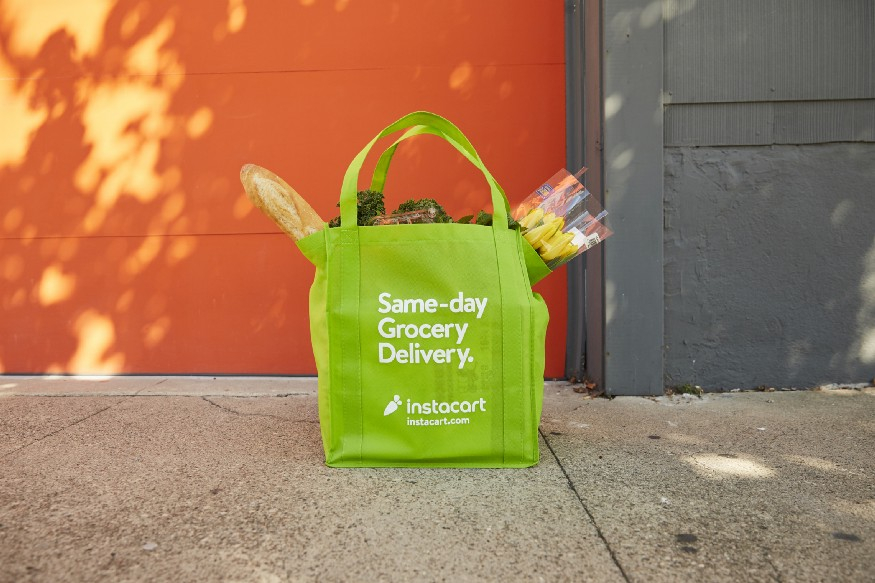 APPS
APPS
 APPS
APPS
 APPS
APPS
Instacart Inc. may decide to go public via an unusual direct listing, Reuters reported today, and it’s believed the grocery delivery startup could debut on the stock market at a valuation north of $50 billion.
The $50 billion figure is said to be the estimate of investment bankers working on the listing. A market capitalization that size would represent a big premium over the $39 billion private valuation Instacart received after its most recent funding round last week. The startup’s $39 billion current valuation is itself an increase over the $17.7 billion it was worth last October.
That Instacart’s financial advisers expect another big jump in its equity value during the listing suggests they anticipate strong investor interest around the startup’s shares. Investor interest, in turn, is reportedly a key factor behind why Instacart is looking at a direct listing.
Instacart’s leadership is said to be considering a direct listing because it’s concerned that the startup could leave money on the table by holding an initial public offering, the usual way companies enter the stock market. In an IPO, a company sells shares at an initial price set by the banks that underwrite the offering. In recent years, there have been many cases of tech firms holding IPOs at an initial price lower than what they could have fetched because their underwriters underestimated investor interest.
Initial IPO share prices have come into focus outside the tech industry as well. Overall, U.S. companies that held traditional public offerings in 2020 saw their shares close the first day of trading an average of 36.2% higher than the initial sale price, according to data from Dealogic cited by the Reuters report today. That was up from a 17.2% average first-day price increase recorded in 2019.
A direct listing could enable Instacart to reduce the risk of underpricing its shares. In a direct listing, unlike in an IPO, there are no underwriters and the company going public sells its stock directly to investors. Moreover, this arrangement avoids the considerable fees that underwriters charge for their services, which can run in the hundreds of millions of dollars.
But a direct listing comes with additional risks. Underwriters not only help set the initial price of an IPO but also line up an initial group of investors to buy the shares of the company going public. In a direct listing, there are no underwriters to drive initial demand for the stock, which potentially exposes it to more price volatility during early trading.
Instacart has reportedly yet to make a final decision on whether or not it will opt for a direct listing. In November, it was reported that the startup had begun preparing for an IPO and hired Goldman Sachs to lead the offering, which hints that taking the traditional IPO route was the original plan.
Spotify Technology SA is the most prominent example in recent times of a tech firm going public through a direct listing. The gambit paid off in the firm’s case: Spotify shares opened at $165.90 apiece, above the $132 per share the music streaming provider was looking for. The company’s stock price has more than doubled since then.
THANK YOU